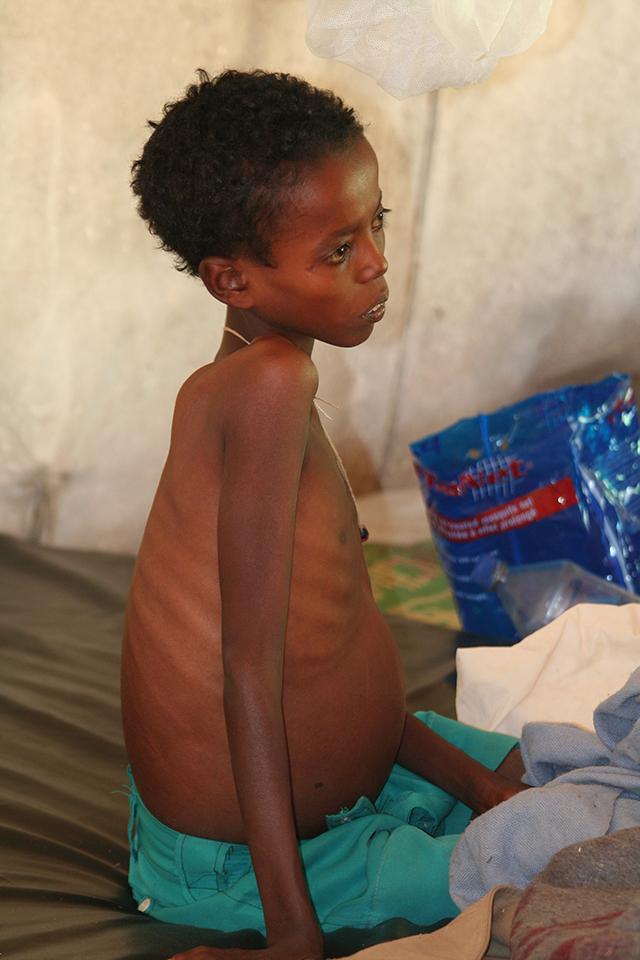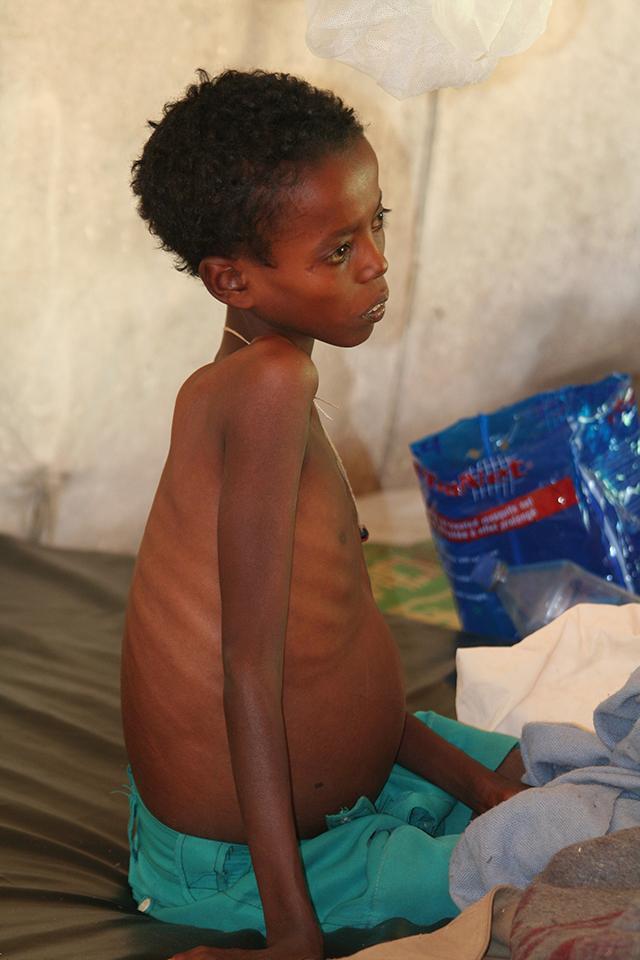
IMAGE: UI researchers are reminding US doctors to watch for two vector-borne and potentially life-threatening diseases — Chagas disease and Leishmaniasis — that can be passed from mother to child through…
Credit: Photo courtesy of the World Health Organization.
While world health leaders race to contain the spread of the mosquito-borne Zika virus in the Americas, researchers at the University of Iowa are reminding doctors in the United States to be on the lookout for two other vector-borne and potentially life-threatening diseases that can be passed from mother to child through the placenta.
Chagas' disease and Leishmaniasis are parasitic diseases found in Mexico, Central America, and South America. In addition, Leishmaniasis also is found in some parts of Asia, the Middle East, Africa, and southern Europe. Blood-sucking insects are blamed for transmitting both diseases.
Now that scientists know the pathogens can also be passed congenitally, global travel and migration have made people in the U.S. vulnerable.
The problem is that most American doctors don't think of parasites from far away places when a sick baby arrives in their office.
That needs to change, says Christine Petersen, associate professor of epidemiology at the UI College of Public Health and corresponding author of the paper "A Mother's Gift: Congenital Transmission of Trypanosoma and Leishmania Species," which appeared online Jan. 28 in PLOS Pathogens.
"Congenital transmission will be the predominant way that kids in the United States get these diseases because we don't have the bug problem," Petersen says. "So, you might have a child going into heart failure or with an enlarged liver and spleen, and the doctors can't figure out what's going on, and the child is on death's doorstep."
Petersen's concern comes at a time when public health and infectious-disease experts are scrambling to understand the impacts of infection with the Zika virus, which has been connected to a neurological disorder cropping up in Brazil that results in babies being born with abnormally small heads. There is neither a vaccine to prevent Zika nor medicine to treat it.
The newly published paper is a review of previous studies about Chagas' disease and Leishmaniasis and serves as a reminder for U.S. health care workers to remember these diseases when examining sick children whose mothers have come from areas where such illnesses are more common.
According to the Centers for Disease Control and Prevention, an estimated 8 million people in Mexico, Central America, and South America have Chagas' disease, and most of them do not know they are infected. In those areas, the triatomine beetles–the so-called "kissing bugs"– usually pass on the disease. If untreated, the infection can be life threatening. In the acute phase of the disease, a patient can suffer fever, fatigue, body aches, headache, rash, loss of appetite, diarrhea, and vomiting–signs that are also common to other illnesses, which is why doctors often overlook Chagas' disease. But once a patient reaches the chronic phase of the disease, he or she can experience serious cardiac and intestinal complications.
Leishmaniasis, which usually affects the spleen, liver, and bone marrow, is spread by sand flies infected with Leishmania infantum parasites. According to the CDC, the number of cases ranges from 200,000 to 400,000 worldwide.
Dogs, it seems, are a reservoir host for both diseases.
Research involving infected dogs proved that Leishmaniasis could pass across the placenta, something that was considered possible by some medical doctors and veterinarians but not widely accepted. Petersen and other UI researchers were the first to confirm five years ago that Leishmaniasis could be passed congenitally.
Petersen says there are drugs to treat Chagas' disease and Leishmaniasis, but they are somewhat toxic and have significant side effects, especially in children. Most countries where these parasitic diseases are common take preventative measures instead, such as soaking bed nets with insecticides, to deter infected blood-sucking bugs.
The next step for UI researchers is an 18-month vaccine trial on 600 dogs, funded by the Morris Animal Foundation, a nonprofit organization that invests in science to advance animal health. But the researchers' goal is to also prevent the spread of these diseases between animals and people.
"This is a whole new ballgame," Petersen says. "Those who have the disease but aren't sick yet, can we turn the tide for them? If we do find that the vaccine does make the dogs better, then the question is, 'Does it help not passing it on to their puppies?'"
###
Media Contact
Sara Diedrich
[email protected]
319-384-0073
@UIowaResearch
http://www.uiowa.edu





